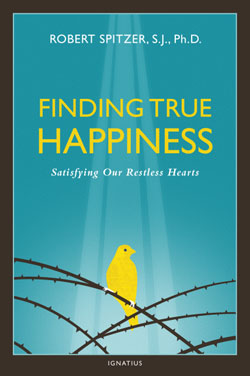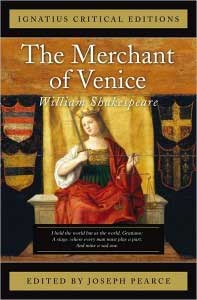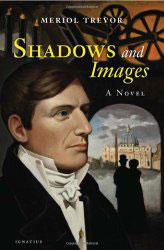Novena to St. Benedict Day 1
Podcast: Play in new window | Download (Duration: 2:47 — 2.5MB) | Embed
Subscribe: Apple Podcasts | Spotify | Amazon Music | Android | Pandora | iHeartRadio | JioSaavn | Podchaser | Gaana | Podcast Index | Email | TuneIn | Deezer | Anghami | RSS | More

In the Holy Rule, St. Benedict you have said:
Listen, O my son, to the precepts of the master, and incline the ear of your heart, and cheerfully receive and faithfully execute the admonitions of your loving Father, that by the toil of obedience you may return to Him from whom by the sloth of disobedience you have gone away.
To You, therefore, my speech is now directed, who, giving up your own will, take up the strong and most excellent arms of obedience, to do battle for Christ the Lord, the true King. (Holy Rule – Prologue)
Glorious Saint Benedict,
sublime model of virtue, pure vessel of God’s grace!
Behold me humbly kneeling at your feet.
I implore you in your loving kindness to pray for me before the throne of God.
To you, I have recourse in the dangers that daily surround me.
Shield me against my selfishness and my indifference to God and to my neighbor.
Inspire me to imitate you in all things.
May your blessing be with me always, so that I may see and serve Christ in others and work for His kingdom.
Graciously obtain for me from God those favors and graces which I need so much in the trials, miseries and afflictions of life.
Your heart was always full of love, compassion, and mercy toward those who were afflicted or troubled in any way.
You never dismissed without consolation and assistance anyone who had recourse to you.
I, therefore, invoke your powerful intercession, confident in the hope that you will hear my prayers and obtain for me the special grace and favor I earnestly implore.
{mention your petition}
Help me, great Saint Benedict, to live and die as a faithful child of God, to run in the sweetness of His loving will, and to attain the eternal happiness of heaven.
Amen.
O Holy Father, St. Benedict, pray for us.



 What a delight to once again talk with Fr. Robert Spitzer! This time we discuss “
What a delight to once again talk with Fr. Robert Spitzer! This time we discuss “


 Episode 11 – Great Works in Western Literature with Joseph Pearce – William Shakespeare part 2
Episode 11 – Great Works in Western Literature with Joseph Pearce – William Shakespeare part 2  One of the most popular of Shakespeare’s plays, King Lear is also one of the most thought-provoking. The play turns on the practical ramifications of the words of Christ that we should render unto Caesar that which is Caesar’s, and unto God that which is God’s. When confronted with the demand that she should render unto Caesar that which is God’s, Cordelia chooses to “love and be silent”. As the play unfolds each of the principal characters learns wisdom through suffering.
One of the most popular of Shakespeare’s plays, King Lear is also one of the most thought-provoking. The play turns on the practical ramifications of the words of Christ that we should render unto Caesar that which is Caesar’s, and unto God that which is God’s. When confronted with the demand that she should render unto Caesar that which is God’s, Cordelia chooses to “love and be silent”. As the play unfolds each of the principal characters learns wisdom through suffering.




